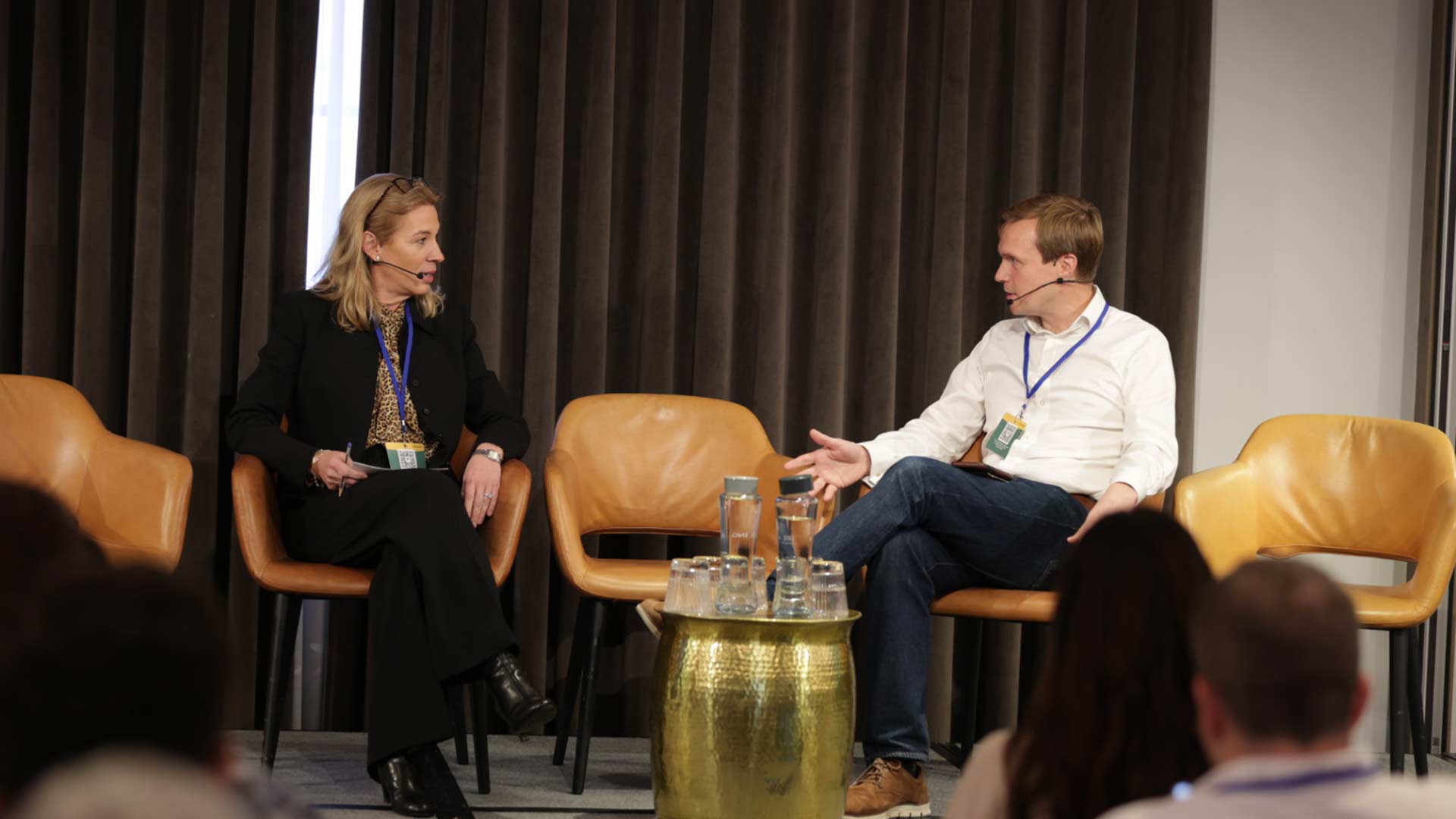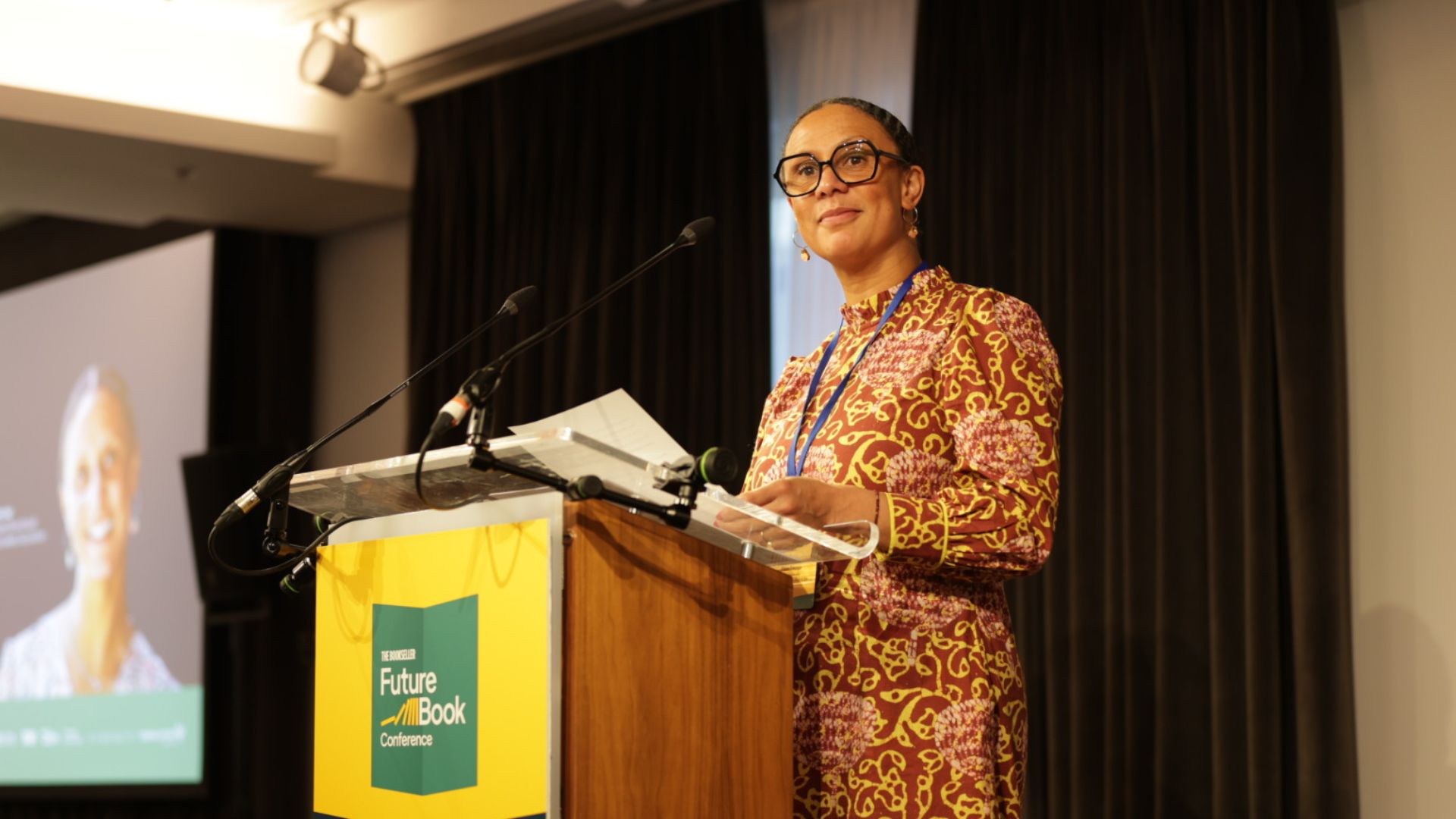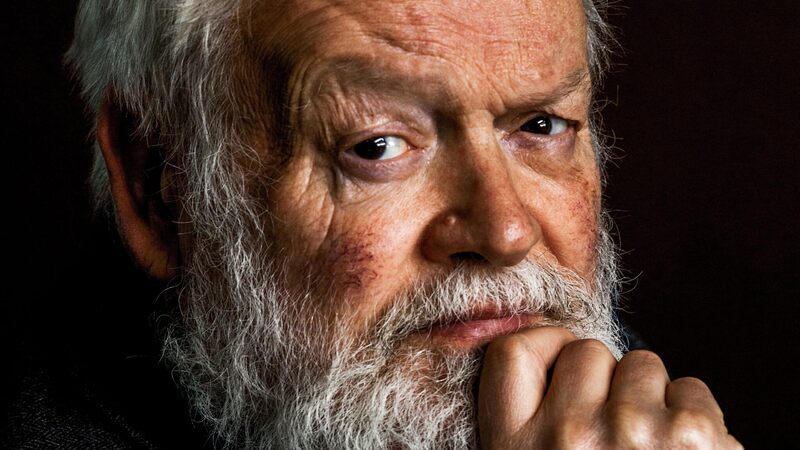You are viewing your 1 free article this month. Login to read more articles.
FutureBook 2024: AI rise, 'colossal' Budget impact and inaugural Freelancer Award
The Bookseller’s FutureBook conference heard of the unstoppable rise of AI, the growth of audio and the post-Baillie Gifford era for literary festivals, as well as the "colossal impact" of the recent Budget on bookshops.
Hundreds of delegates gathered for the day-long conference at County Hall, Waterloo on Monday (25th November), as well as many watching online.
In a session on audiobooks, Amanda D’Acierno, president of Penguin Random House Audio, urged the industry to "upskill" in this area amid a hiring spree. She told delegates: "Every year in the US alone, we’re hiring people to work in audio... The platforms are hiring, whether it’s Spotify—everybody at Spotify came from the book industry. So between Audible, Spotify, Libro.fm, OverDrive—there’s just a robust growth there, and so much hiring and the marketing, the editorial, the publicity, production, all of those jobs are happening in audio. So as you’re thinking about your career, just think about audio too."
The recent Budget and its impact on bookstores was also discussed. Fleur Sinclair, the owner of the Sevenoaks Bookshop in Kent and president of the Booksellers Association (BA), described a "colossal impact" on retail. She believes that larger independent bookshops in particular are set to be affected the most by the Budget, which introduced changes to minimum wages, a reduction in business rates relief and increased National Insurance for businesses.
Sinclair said that booksellers were "all facing a colossal impact from the most recent Budget, and the bookshops most in the firing line are the larger indies, those with bigger workforces and bigger premises, who have thrived in recent years despite all the hard work and the long hours".
She added: "Retail is still the most taxed sector in Britain, and margins are already tiny. Increases in wage bills and rate bills are highly likely to compromise the viability for some bookshops, which is a very sobering thought, all of which makes it urgently important that I’m speaking to you today about the huge cultural, social and commercial value of bookshops, and why the whole trade needs to advocate for them."
In terms of festivals, Wimbledon BookFest director Fiona Razvi has spoken of the "devastating" impact of losing Baillie Gifford sponsorship and how the organisation will now be cutting staff alongside "some very hard conversations" about its future. She said: "I think we’re all devastated. It has hit us incredibly hard. We went through the pandemic when we had really tiny or reduced audiences and all the increased pressure that put on us; we went into this year with massive negative reserves... We will be cutting staff, we are cutting everything. It’s very difficult."
AI was a major theme at the conference. Sue Hodgson, from Perlego, said: "The scary thing is, this AI we’ve got now is the worst AI we’re ever going to see. Imagine what we’ll have in a year’s time. We want to use AI to encourage people to read beyond the minimum and drive more reading, while making sure attribution is given to publishers too.
"We also have data on the questions that our users are asking [of the AI search tool] which will help publishers make better content that people want."
She added: "We also make sure we are transparent about what we use and the results we get, but we never use content for the training of LLMs. With students, the results they get from a search can’t just be copy-pasted into an essay."
Georgia Kirke from ClioBooks.ai (which takes software to help authors write non-fiction books, and produces submittable manuscripts) said: "Traditional methods of manuscript creation are exclusive, and they are not an option for many people. ClioBooks means people who would otherwise be excluded can be included and produce their work. It helps people plan in a way that they may not naturally be predisposed to do."
"In 2025 the number of AI-narrated books produced in the year is projected to be bigger than the number of human-narrated books"
– Jon Watt, Bonnier Books
On ethics and responsibility, Kirke said: "AI isn’t the issue, it’s the humans that operate it—they are the problem. Clio facilitates human ingenuity and creativity. It’s important to note none of the work is produced through generative AI, and there is no overlap. Clio asks each author unique questions, and none of it is used to train LLMs [Large Language Models] either.
"It brings more people’s thoughts and ideas to the world, and serves as many people as possible."
Tom Wraith from DK said: "We think authors, including ours, should get compensation for content that has been taken illegally and used to train LLMs. We also make careful decisions about the types of AI that we use. People don’t want to buy AI-generated books at the moment, and so we pay close attention to what consumers want as well as the environmental concerns that come along with it."
In the "AI showcase: Narration labelling", Bonnier Books UK and Audio Publishers Group’s trade audio and business development director and chair Jon Watt discussed how he had been working with the industry on possible guidelines around this. The protocol is intended to help publishers and retailers assign categories for narration labelling which are also understood by consumers.
He described how literary estates are looking at using AI for audio, which was also mentioned in an earlier panel on literary estates. Watt said: "AI voices can be generated from licensed samples for a specific human voice... Working with a deceased author’s estate to create an authorised voice replica, that is with the authorised consent of the estate, based on archive recordings of the author’s voice."
Watt said: "If there is any doubt with a producer or publisher, 10% of AI in any narration is a useful guide of whether a label should be applied."
He called for cross-industry support. "To bring the broadest benefit we hope that publishers and retailers come together to adopt these naming practices and clearly convey them to producers and that they begin to do this when these guidelines are published shortly. Because in 2025 the number of AI-narrated books produced in the year is projected to be bigger than the number of human-narrated books... so let’s get started right now."
In "Secret agents: How freelancers can refresh our future", Ruth Waldram chaired a discussion between Mel Four, creative director, mono at Octopus Books and Macmillan Children’s acting comms director Katie Roden, joined by freelance editorial consultant Julia Kellaway and Eve Wersocki Morris, director at EWM PR. Issues such as burnout, flexibility and upskilling were discussed by the panel.
Morris said of her reasons behind going freelance: "I thought that it would be nice to hone those skills as a publicist without being spread thinly and when you’re a freelancer every single campaign is a priority."
Finally, the conference celebrated the inaugural Freelancer of the Year award which went to multimedia designer Samar Habib. He was praised by judges for praised for creating impactful work and "agenda-setting effects on campaign output and the bottom line".



















